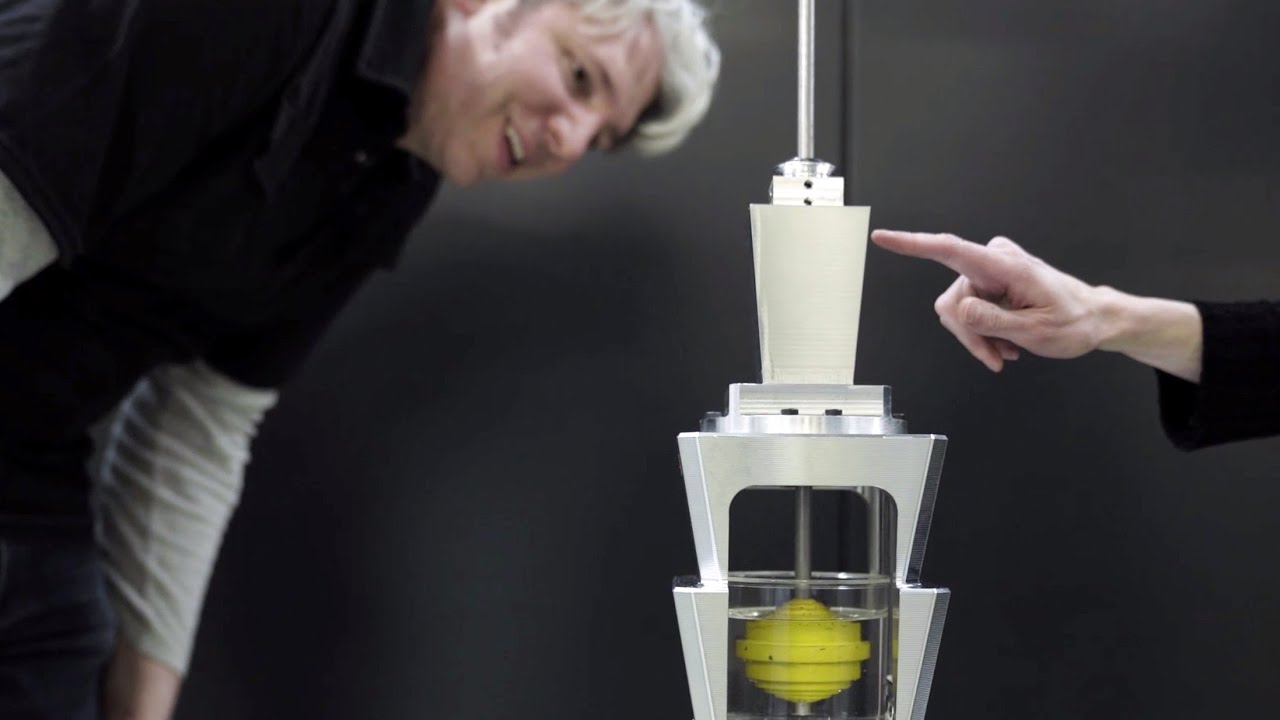Lol Edd China
Anyway, a fascinating video on the best aspects of engineering: namely, the struggle to understand the world so well that we can control it.
It's ultimately an ad for some machining technology company, but that's OK. We consume manufactured material, so it's good to de-mystify its production (which will be in our hands some day).
Here is a video with better social commentary, investigating the same phenomena -- Tuned Mass Dampers -- and their role in the stabilization of buildings. Special shoutout to @inshallah2 for this post, which got me thinking about hubris, and how quickly our highly-engineered world can literally collapse around us if we do not properly understand or care for it.
And, because my introduction to these things was via mathematics, I'll just throw out this video that gets into the mathematical formalism a bit. I personally find this intellectually fascinating, because it's the bridge between the world in which we find ourselves, and the world we create. It is the site of dialectical tension between the objective and subjective.
I also wanted to share this latest video for another, historical reason (even though it is an ad for MATLAB, much like the first video was an ad for a machining technology company)
It's a gentle introduction to the key mathematical formalism underlying what is called "Modern" Control Theory. "Classical" control theory grew out of things like Watt's Flyball Governor for steam engines; the goal was autonomous control (not relying on someone paid terrible wages to properly control and protect your incredibly expensive investment).
Of course, we know what capitalist control of the means of production will generate!
But, what makes Modern control so interesting is that it was really developed in the USSR, decades before anyone in the west really took it seriously. Essentially, it was too hard! In the west, the focus was on "one weird trick" of using Laplace transforms to work in the "s domain" or "frequency domain". As a consequence, their analysis was only capable of analyzing single-input-single-output (SISO) systems; for anything more complex, you have to take little "slices" of more complex systems, analyze them in a SISO way, and try to put the pieces back together.
But the Soviets were not afraid to tackle enormous systems of differential equations that involved multiple-input-multiple-output, and developed many of the methods foundational to even our current understanding of dynamical systems in this more complex form.
Here is what Dorf and Bishop say in their widely-used text Modern Control Systems:
The frequency domain was used primarily to describe the operation of the feedback amplifiers in terms of bandwidth and other frequency variables. In contrast, the eminent mathematicians and applied mechanicians in the former Soviet Union inspired and dominated the field of control theory. Therefore, the Russian theory tended to utilize a time-domain formulation using differential equations.


